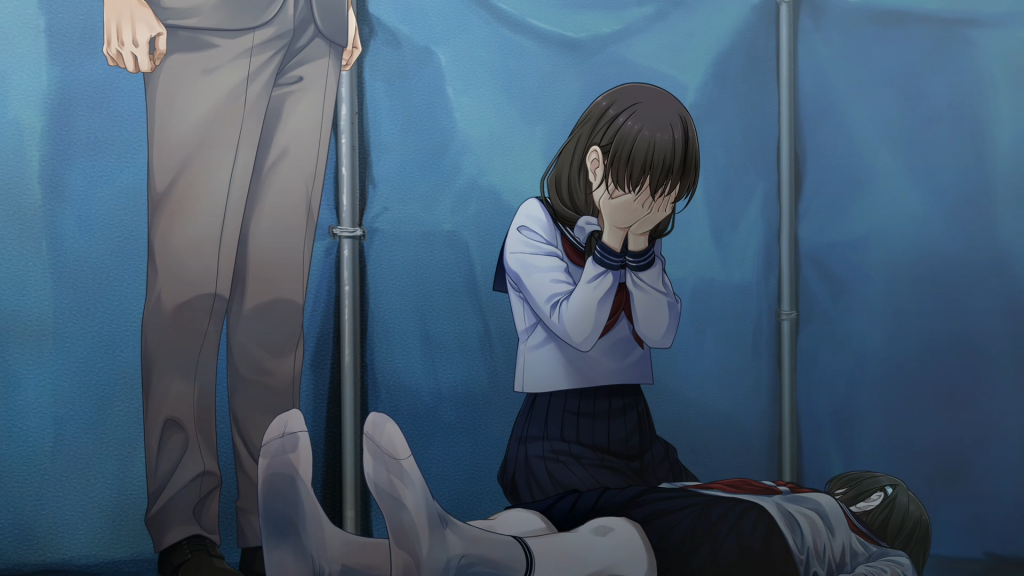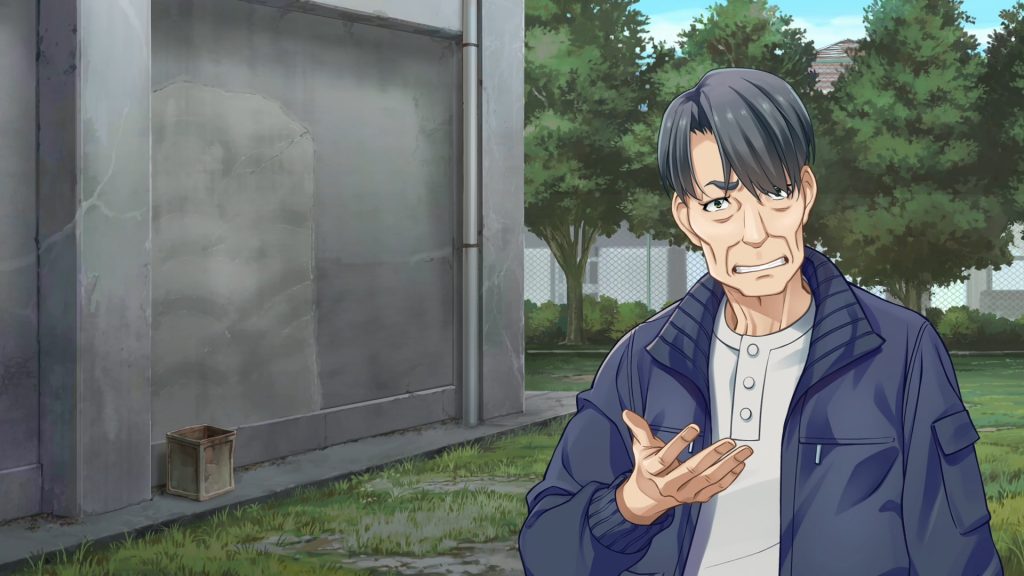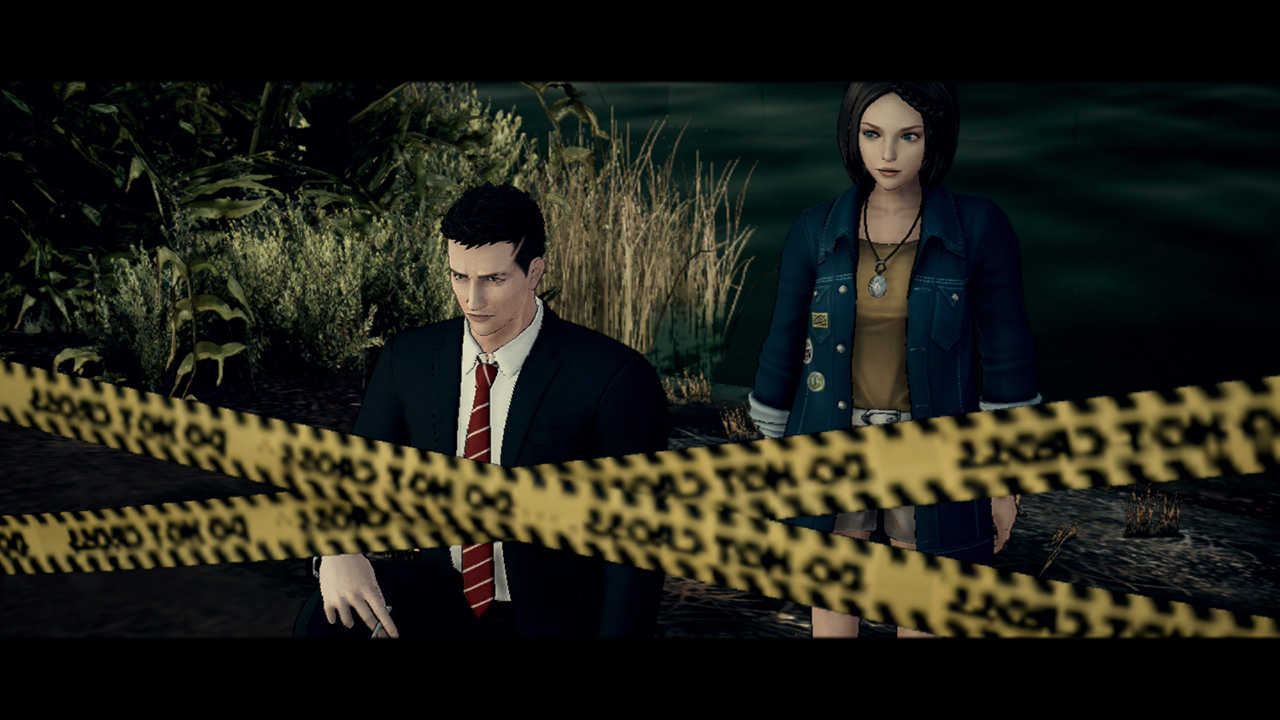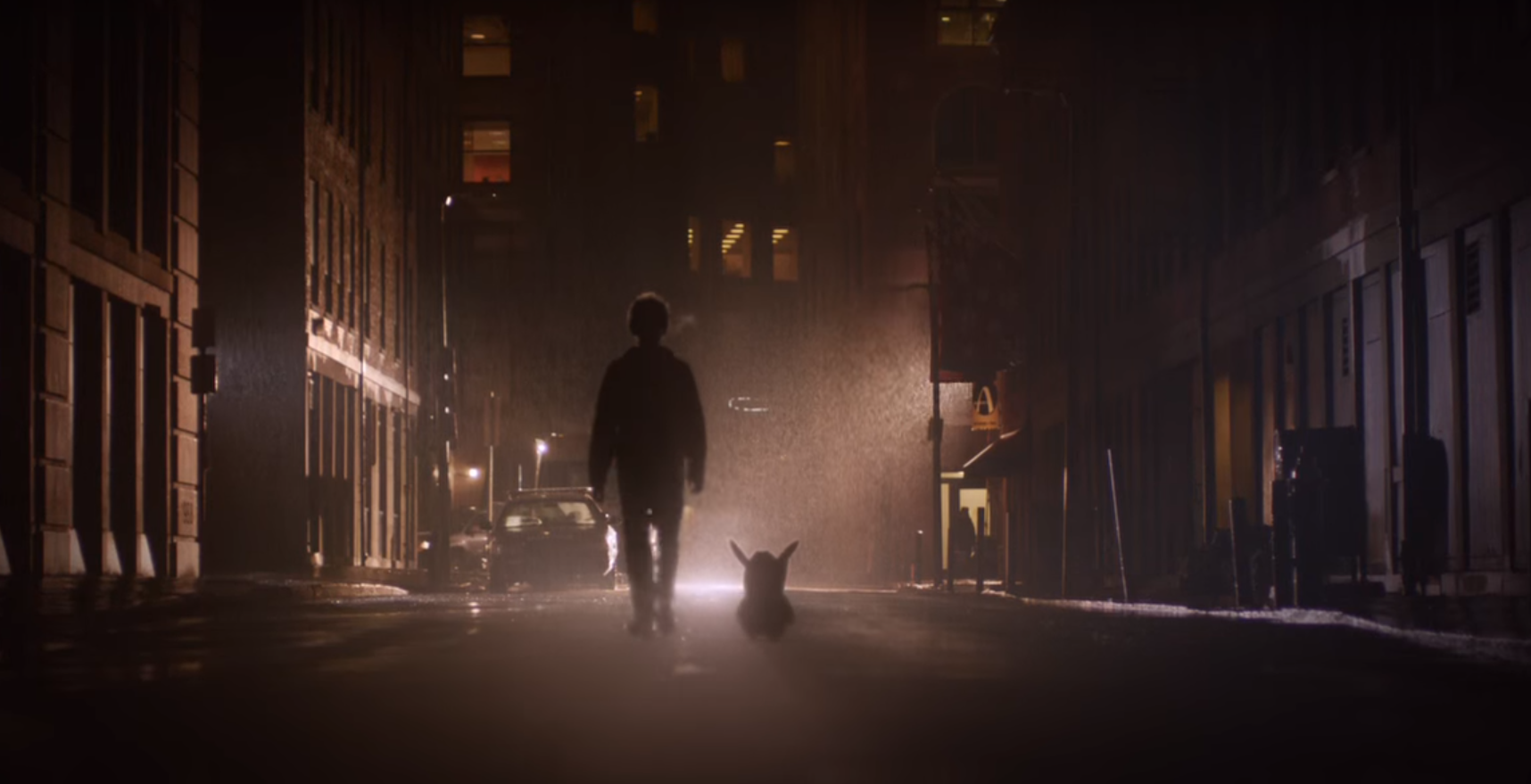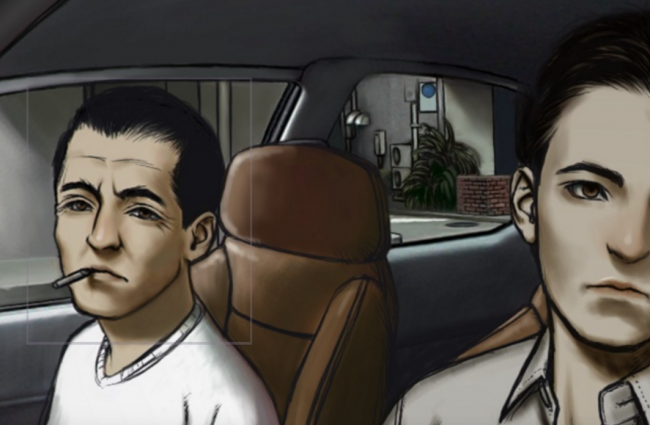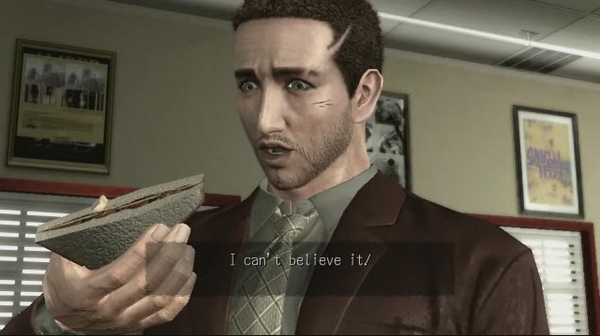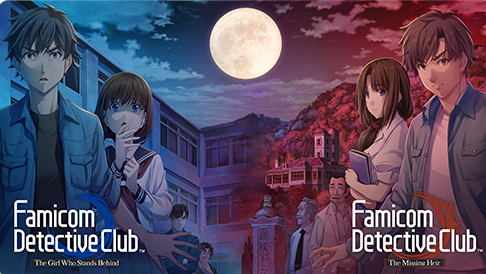
Famicom Detective Club is very lovingly crafted remake on Switch of two long-forgotten detective visual novels from Nintendo’s past. The two games, The Missing Heir and The Girl Who Stands Behind were originally released only in Japan on the Famicom system, where they have seen various re-releases on newer systems, but only gained a small cult following outside of the country due to fan translations. With this Switch release, available as separate titles or a bundle, these early visual novels have finally been brought to the whole world, and after 30 years they still retain a lot of eerie charm.
Both games were written in part by Yoshio Sakamato, the man who would later go on to create Metroid. The first game, The Missing Heir is a fairly standard mystery setup. Your teenage character awakens from a nasty fall with amnesia, learning he’s a freelance detective investigating the strange death of the wealthy matriarch of the Ayashiro family. Of course, there’s a litany of relatives who all stake a claim to her will, a mysterious missing heir, and a rumour that the dead will rise to take revenge on the living. It’s up to you to sort it all out, discover any foul play at hand and regain your memory.
The Girl Who Stands Behind is a prequel, originally released a year after the first game. This time your young detective is investigating the murder of a high-school student, which has ties both to a case from 15 years ago and an eerie school urban legend about a ghostly girl who appears behind the backs of those she stalks.
There are a few subversions which aim to keep you guessing along the way in both stories, but if I’m being honest, I’d figured out the culprit within the opening minutes each time, and was disappointed to find out how correct I was. Maybe I’ve just seen too many detective stories, but there was hardly a moment I was truly surprised, until one well executed gruesome twist at the end of The Girl Who Stands Behind. That said, there are interesting characters who reveal layers of depth as you get to know them more and understand their motivations, and all-in-all the stories are about on the level of a decent young-adult book series. Both games have a unique eerie atmosphere, in part because of the vague supernatural elements that exist at the fringes of their tales, but also because of some well-executed sound design.
The presentation is the real star of this collection, as these Famicom games have been completely transformed from top-to-tail, while still staying true to the general visuals and scenarios presented in the originals. Famicom Detective Club looks outstanding and feels just like a modern anime, complete with some pretty good pseudo-3D animation, that doesn’t look out of place and actually gives the whole game a flare that many static-screen visual novels lack. There’s full voice acting as well, albeit only in Japanese with English subtitles, but if you were to go off the game’s presentation alone, you’d never be able to guess that these were 30 year old games.
Where the game shows its age are in the actual gameplay mechanics. People who are familiar with the Ace Attorney series will know the general gist of the games, which resemble that series’ investigation sections. You can travel to a new ‘location’ (or screen), examine the image for clues, talk to any witnesses present there, and then once you’ve learned everything you can a new location will be unlocked, allowing you to continue. The issue is that Famicom Detective Series does a poor job keeping the player in the loop as to what the correct course of action should be, and not in a way that enhances the mystery.
As you chat with each individual, you’re given a list of topics to discuss. First of all, these can often vaguely worded, like the catch-all “What they know”, which often elicits baffling remarks of surprise and annoyance from interviewees. Secondly, the game doesn’t indicate when a certain topic has been exhausted, and you’ll often have to select the same topic again and again for further information. Sometimes the flow of conversation logically flows the options you choose, but often it doesn’t leading to a lot of frustration. There are also other vague commands like ‘Remember’ in The Missing Heir, which sometimes means recovering lost memories from your amnesia, but other times just means remembering something your character forgot to ask, which the game requires him to ‘remember’ before asking it. You can brute force your way through all of this, of course, as the game is very linear, but it hinders your progress and enjoyment way more than if the mechanics had just been updated even a little to something like Ace Attorney, where topics are crossed off as you exhaust them.
However, Famicom Detective Club is still a compelling refresh of two Nintendo titles lost to the Western world, and should be enough to hold the interest of any Ace Attorney or visual novel fan. While the work done on the presentation is top-notch, the gameplay mechanics could have also used a similar update, and what remains is a collection of often frustrating, but compelling light mysteries.
-Outstanding presentation and update of 30 year old visual novels -Eerie atmosphere and soundtrack -Entertaining characters
-Frustrating dated mechanics stall progress frequently -Predictable mysteries

